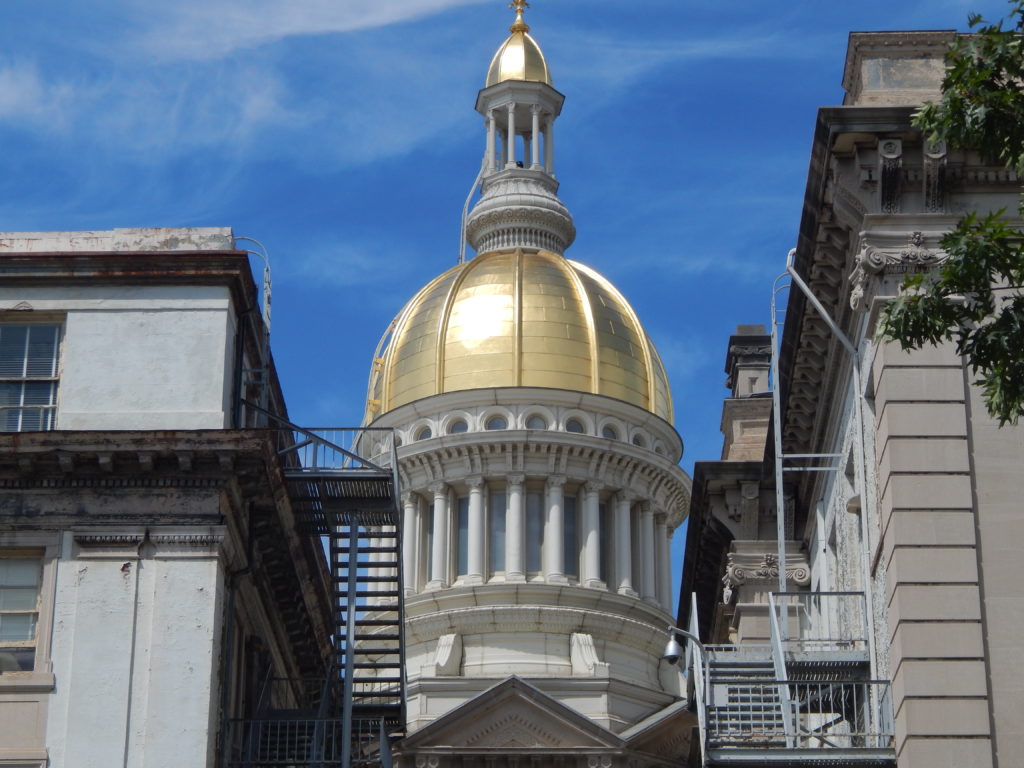US Supreme Court Support for Rhode Island Disclosure Law is Good News

On April 25, 2022, the U.S. Supreme Court declined to hear a constitutional challenge to a Rhode Island law that required independent groups that spend more than $1,000 per year to disclose their top donors.
By denying a petition for certiorari from the Gaspee Project, a national conservative legal organization, the Supreme Court let stand a ruling by the U.S. Circuit of Appeals, which itself had upheld a decision by the U.S. District Court for the District of Rhode Island.
The high court’s action continued its longstanding support for disclosure and should ease the concerns of some experts who expressed the opinion that a recent decision by the Supreme Court, Americans for Prosperity (AFP) v. Bonta, would sabotage campaign finance law in general.
In Bonta, the U.S. Supreme Court ruled in July 2021 that a California law requiring charitable organizations to disclose major donors to the State’s Attorney General was unconstitutional.
Under the law, charitable organizations, when renewing annual registrations, were required to file copies of IRS Form 990, which discloses the names and addresses of contributors.
According to then-California Attorney General and now-Vice President Kamala Harris, the law was necessary in terms of investigations into fraud potentially carried out by charitable organizations.
New Jersey and 15 other states had filed a Friend of the Court brief defending the constitutionality of California law.
The decision in Bonta raised the fears of three dissenting Supreme Court judges, scholars, and regulators that campaign finance law, including disclosure, was doomed.
Supreme Court Justice Sonia Sotomayor, for example, in her dissenting opinion, said that for the first time the Supreme Court held that the “exacting scrutiny” test, like the “strict scrutiny” test, must require that government-mandated disclosure be narrowly tailored to government interest. Justice Sotomayor also expressed strong concern that the high court required no proof that disclosure led to harassment of charitable donors, maintaining that the Court set the bar higher for election-related disclosure laws and may put them in legal jeopardy.
Sotomayor said the ruling “marks reporting and disclosure requirements with a bull’s-eye.’’
In an Insider column also published in July 2021, I respectfully dissented from that point of view, stating “I disagree the Bonta ruling jeopardizes election-related campaign finance disclosure requirements.”
In the column I further stated that “the Bonta ruling, with its focus on charitable organizations, no more opens the door to eliminating campaign finance law in general than previous decisions. The influence of legal precedent, so embedded in our common law tradition, will play an important role in any future Supreme Court rulings involving campaign finance law.”
I suppose it is possible the fears expressed by some learned individuals in the field of campaign finance that Bonta threatens disclosure may prove correct.
But the Supreme Court’s denial of certiorari in the Rhode Island case furthers my confidence that the ruling will not serve as a foundation to undo campaign finance laws, including disclosure.
The Rhode Island “Independent Expenditures and Electioneering Act” requires independent groups spending more than $1,000 per year to disclose in their advertising their top five contributors.
As noted above, the law was challenged on constitutional grounds. In 2020, Gaspee Project and Illinois Opportunity Project filed a lawsuit challenging various transparency requirements in the Act, including the provision requiring the disclosure of the five largest donors.
The law was defended by Rhode Island Attorney General Peter Neronha with the assistance of the Campaign Legal Center.
In reacting to the U.S. Supreme Court’s decision to deny certiorari, Campaign Legal Center Vice President Paul Smith said: “To reduce political corruption, we need real transparency about who is spending big money in elections and to that end, voters in Rhode Island have a right to know who is attempting to influence their votes. This denial of review from the Supreme Court of the United States means that vital right will remain in place and continue to enable Rhode Islanders to be well-informed before heading into the voting booth.”
Smith’s comments are right on target in terms of the reason for disclosure. It is not to curtail anyone’s First Amendment right to free political speech- this columnist totally supports that right- but rather to avail the public of those who are spending huge amounts of money to influence their vote and therefore the election.
The decision of the Supreme Court to leave the Rhode Island disclosure law intact should encourage those of us in New Jersey who support legislation requiring Dark Money groups to disclose their contributions and expenditures just like candidates, parties and traditional PACs.
Of course, any such legislation would have to be narrowly tailored and be in the context of an election to meet the Supreme Court’s “strict scrutiny” test. But in doing so the Legislature would bring further light to an election process that now only shines on candidates, political parties, and PACs, but not on their electioneering partners, independent groups.
The New Jersey Election Law Enforcement Commission has made recommendations to require independent groups to disclose their financial activity in the contest of elections and to strengthen political parties.
Those recommendations include: increasing contribution limits applicable to parties, exclude political parties from the pay-to-play law and include special interest PACs in the law, allow parties to participate in gubernatorial elections, end the ban on county party donations to each other in primaries, require public contractors to disclose contributions from independent groups, and require disclosure of contributions and expenditures by independent groups undertaking electioneering activity.
As a further personal proposal, I support allowing tax credits for contributions to political parties.
These measures would bring parity and balance to the electoral process in New Jersey.
Jeff Brindle is the Executive Director of the New Jersey Election Law Enforcement Commission.
The opinions presented here are his own and not necessarily those of the Commission.





